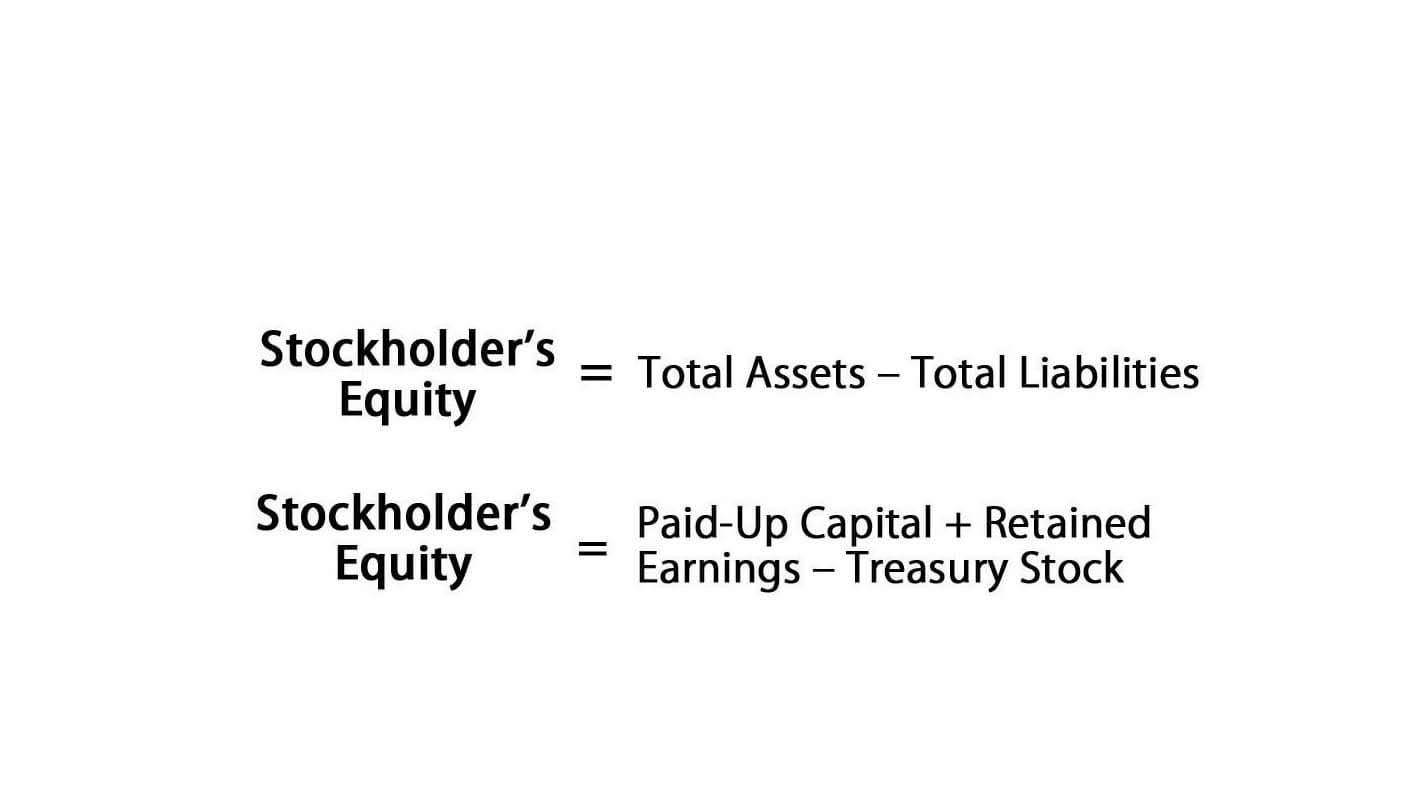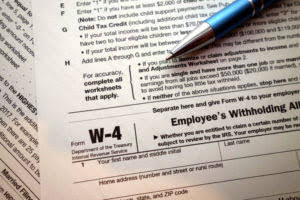Mastering Full Charge Bookkeeping: A Comprehensive Guide for Beginner, Intermediate & Advanced Bookkeepers

Small business owners are typically experts in their field or industry but might need more financial expertise to keep their company’s books in order. They don’t just crunch numbers; they make those numbers understandable and usable for the business owner. As conduits of financial information, these adept professionals serve as a bridge between raw data and informed decisions. A bookkeeper can be the business owner, an in-house employee, freelancer or professional from an online bookkeeping service like QuickBooks Live or Bench. Full service bookkeepers can handle all bookkeeping and a lot of the accounting duties.
What does an accountant do?
While we can’t give an exact number, we can estimate that it’s around $35/hour. A full charge or full service bookkeeper is someone who handles all the bookkeeping needs of a business plus accounting duties. A controller is a person capable of generating detailed financial reports at regular intervals and supervising a typical bookkeeper in their work. A full charge bookkeeper manages all aspects of financial aspects, including taxation.

Educational and Training Requirements for Full-Charge Bookkeepers
It may include entering expense and vendor invoices, preparing bank statements, billing clients and customers, preparing tax returns, supervising junior accounting clerical staff, and processing timesheets. The increasing demand for full charge bookkeepers in small businesses highlights the growing recognition of the importance of maintaining accurate financial records. As the business landscape becomes more competitive, businesses of all sizes are realizing the value of having a dedicated professional to manage their financial affairs.

Definition and Scope of Responsibilities
- If you already have in-house bookkeepers, you’re probably wondering if and when you should consider hiring or outsourcing someone to handle your accounting 2.0 chores.
- As these businesses grow and expand, the need for professional bookkeeping services becomes more evident.
- Outsourced bookkeeping services can provide your business with expertise without the overheads of hiring an in-house bookkeeper.
- With additional training, a full charge bookkeeper could be promoted into the controller position.
- But it is important to know when the role of a full-charge bookkeeper may be right for you.
- The pay range is generally from $15.04 to $30.27 per hour, depending on their experience and reliability.
As a full charge bookkeeper, you need to be well-versed in popular accounting software programs such as QuickBooks, Xero, or Sage. Once your business grows or your operations reach a certain limit, you may consider hiring for higher-level roles such as controllers or CPAs full time. Consequently, full-time what is a full charge bookkeeper bookkeepers bear greater accountability and typically have a direct reporting line to a business’s upper management. In larger organizations, some of these tasks might be handled by accountants or controllers. This position fills a particular talent gap as a result of a small business’s growth.

Education and Training

Full charge bookkeepers often manage the entire cycle of accounting functions. Full-charge bookkeepers ensure compliance with financial regulations, tax legal guidelines, and reporting requirements. They must stay updated with evolving financial policies to ensure correct and timely financial reporting. While an in-house bookkeeper might also handle compliance tasks, their scope of duties may be more limited. As a small business or start-up owner, the titles “Controller” and “Bookkeeper” are thrown around frequently and often, it seems, interchangeably.
The full-charge bookkeeper’s role is far more comprehensive than that of an in-house bookkeeper. Therefore, this is where hiring a full-charge bookkeeper should be considered. Simply put, bookkeeping, which falls under the wide umbrella of accounting, is the process of keeping record of a business’s financial transactions. It includes the tasks of documenting the inflow and outflow of funds within https://www.bookstime.com/ a business, including customer payments and vendor payments. While physical books were used previously to maintain these records, we’ve come a long way; now, the process can be conducted largely digitally. Although some full-charge bookkeepers are also qualified bookkeepers with additional certifications or qualifications, their primary focus remains on day-to-day bookkeeping and accounting tasks.

Outsourced bookkeeping and accounting services can also fill the talent gaps caused by promoting within. Keep these issues in mind as you consider your staffing needs and be ready for some re-adjustment as you fill your bookkeeping roles. A full-charge bookkeeper is an invaluable asset for small businesses, providing comprehensive financial management support and enabling owners to focus on core business operations. They usually have a bachelor’s degree in accounting or a related field and often pass an exam to get a certification and become certified public accountants. A full-charge bookkeeper possesses a broader skill set and assumes more extensive responsibilities than an in-house. In the bustling business world, a full-charge bookkeeper is the navigator and steward of the financial ship, ensuring all accounting duties are performed accurately and efficiently.







